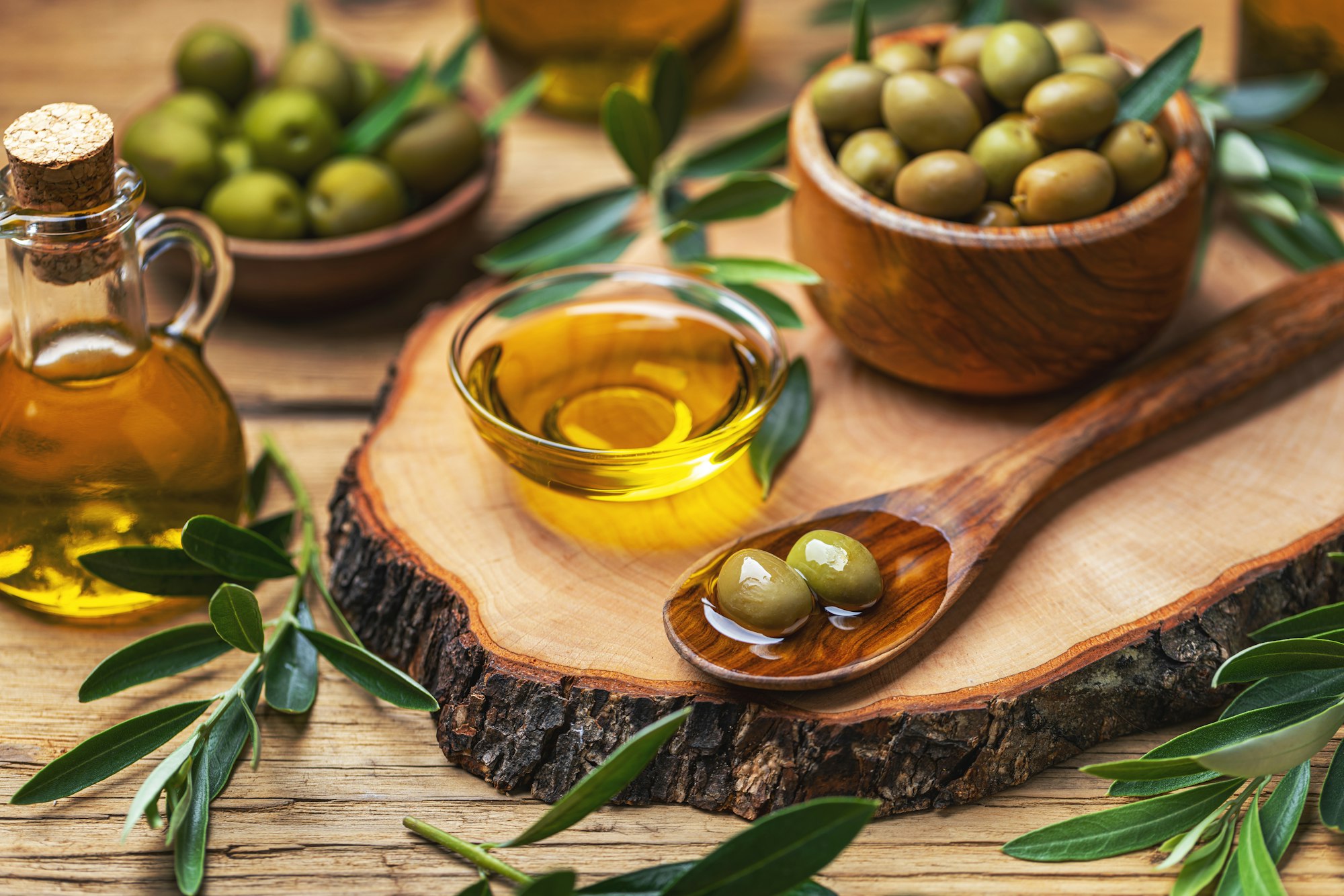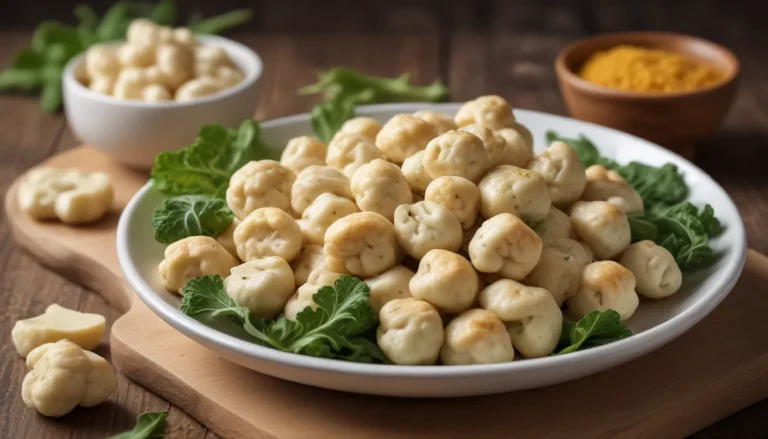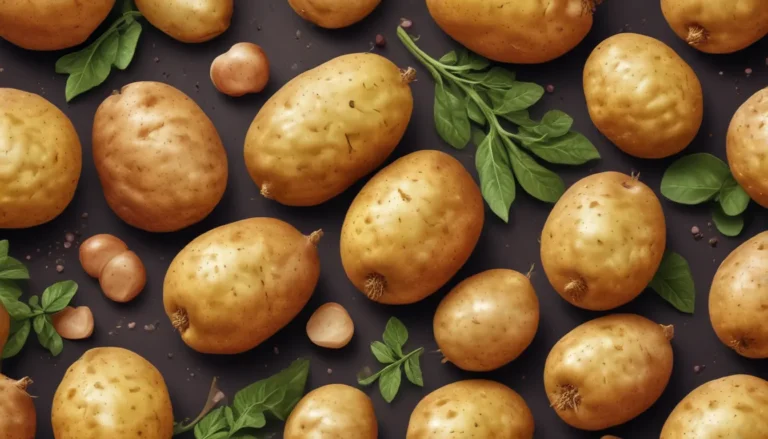The pictures in our articles might not always show exactly what the text is talking about. We use these images to make the article more interesting and eye-catching. They are there to add to the text, but not to replace it or show every detail.
Olive oil, often referred to as "liquid gold" has been a cornerstone of Mediterranean cuisine and culture for thousands of years. This versatile elixir, extracted from the humble olive fruit, has played a significant role in shaping history, influencing religious practices, and enhancing culinary traditions across the globe. From ancient civilizations to modern kitchens, olive oil has maintained its status as a prized ingredient, celebrated for its rich flavor and numerous health benefits.
In this comprehensive guide, we'll embark on a journey through the fascinating world of olive oil. We'll explore its ancient origins, delve into the intricacies of its production, uncover its myriad health benefits, and discover its diverse uses in cooking and beyond. Whether you're a culinary enthusiast, a health-conscious consumer, or simply curious about this golden liquid, these 17 facts about olive oil will deepen your appreciation for this timeless ingredient and perhaps inspire you to incorporate it more fully into your daily life.
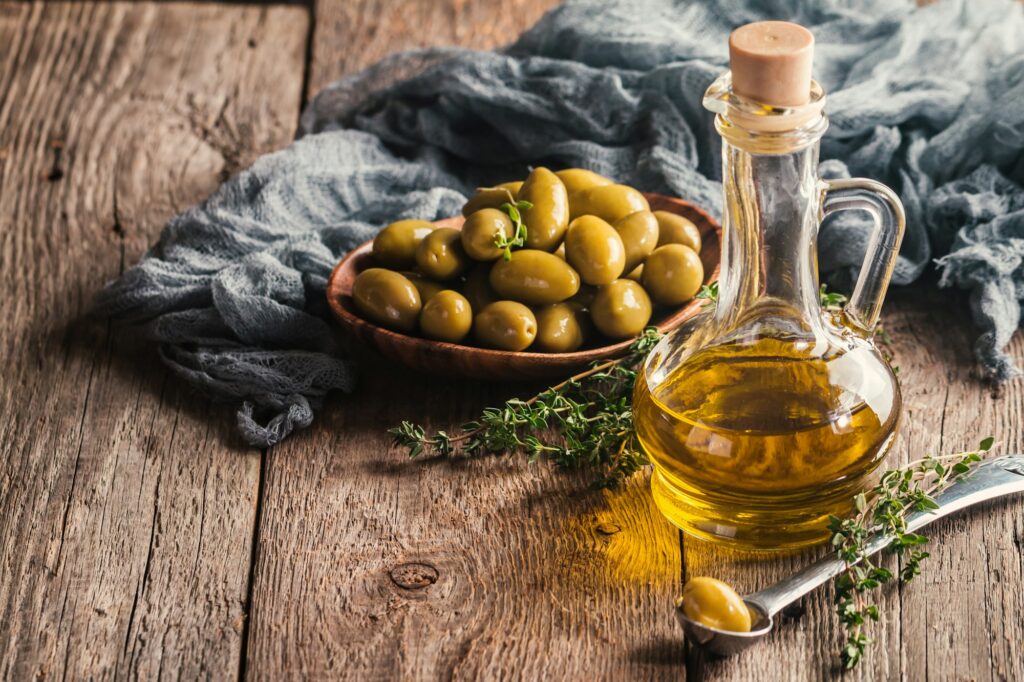
1. Ancient Roots
Olive oil production has a history that stretches back millennia. Archaeological evidence suggests that olives were being turned into oil as early as 6000 BC in the Galilee region of ancient Palestine. This discovery places olive oil among the oldest processed foods in human history, predating many other culinary staples.
The cultivation of olive trees spread throughout the Mediterranean basin, with each civilization adding its own techniques and traditions to the art of olive oil production. The Phoenicians, known for their maritime trade, played a crucial role in spreading olive cultivation to North Africa and Southern Europe around 2800 BC.
2. Symbol of Peace
The olive tree and its fruit have long been associated with peace, wisdom, and abundance in various cultures. This symbolism is perhaps most famously illustrated in Greek mythology, where the city of Athens was named after the goddess Athena. According to legend, Athena and Poseidon competed for patronage of the city by offering gifts to its people. While Poseidon struck the ground with his trident to create a salt water spring, Athena planted an olive tree. The citizens chose Athena's gift, deeming the olive tree more valuable for its fruit, oil, and wood.
This symbolic significance of the olive branch as a peace offering has endured through the ages, from ancient Greek and Roman traditions to its modern representation in the United Nations emblem.
3. Liquid Gold
In ancient civilizations, olive oil was so highly prized that it was often referred to as "liquid gold." Its value extended far beyond its use as a food source. In ancient Egypt, olive oil was used in religious ceremonies and as a form of currency. Pharaohs were buried with jugs of olive oil to accompany them into the afterlife.
The Romans elevated olive oil to new heights of importance. They used it not only for cooking but also for lighting their homes, as a base for perfumes, and as a vital component in religious rituals. Roman olive oil merchants became incredibly wealthy, with some even achieving political power based on their trade.
4. Olympic Connection
In ancient Greece, olive oil played a unique role in athletic competitions, particularly the Olympic games. Athletes would meticulously rub olive oil all over their bodies before competing. This practice served multiple purposes:
- It was believed to enhance the athletes' physical performance.
- The oil helped showcase the contours of the athletes' muscular physiques.
- It acted as a protective barrier against the sun and dust.
- After the competition, the oil, mixed with sweat and dirt, was scraped off using a tool called a strigil. This mixture, known as "gloios," was sometimes collected and sold for its supposed medicinal properties.
Winners of the Olympic games were also crowned with wreaths made from olive branches, further cementing the connection between olive oil and athletic excellence.
5. Extraction Process
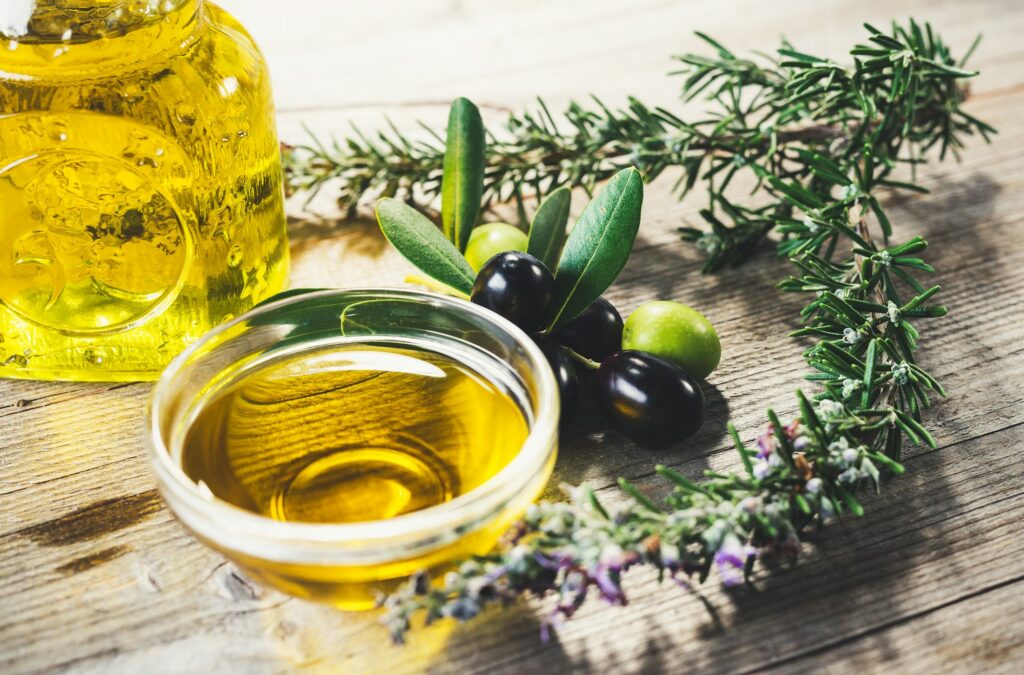
The process of extracting olive oil has evolved over time, but the basic principles remain the same. Here's a step-by-step breakdown of modern olive oil production:
For extra virgin olive oil, this entire process must be done using mechanical means only, without the use of heat or chemicals.
6. Grading System
Olive oil is graded based on its acidity level and sensory qualities. The main grades include:
7. Cold-Pressed Meaning
The term "cold-pressed" on olive oil labels means that the oil was extracted at a temperature below 27°C (80°F). This low-temperature process helps preserve the oil's nutritional value, flavor compounds, and aromatic qualities. It's worth noting that in the EU, all extra virgin olive oils must be cold-pressed by definition.
8. Heart-Healthy Fat
Olive oil is renowned for its heart-healthy properties, primarily due to its high content of monounsaturated fats, particularly oleic acid. These fats can help:
The FDA has even allowed a qualified health claim on olive oil labels stating that consuming about 2 tablespoons (23 grams) of olive oil daily may reduce the risk of coronary heart disease.
9. Antioxidant Powerhouse
Extra virgin olive oil is rich in powerful antioxidants, particularly polyphenols. These compounds can help protect your cells from damage caused by free radicals, which are unstable molecules that can cause oxidative stress in the body. Some of the key antioxidants in olive oil include:
These antioxidants not only contribute to the oil's health benefits but also help protect the oil itself from oxidation, extending its shelf life.
10. Anti-Inflammatory Properties
Several compounds in olive oil, particularly oleocanthal, have been shown to have anti-inflammatory effects similar to ibuprofen. This anti-inflammatory action may be beneficial for various conditions, including:
Regular consumption of extra virgin olive oil as part of a balanced diet may help reduce chronic inflammation in the body.
11. Versatile Cooking Oil
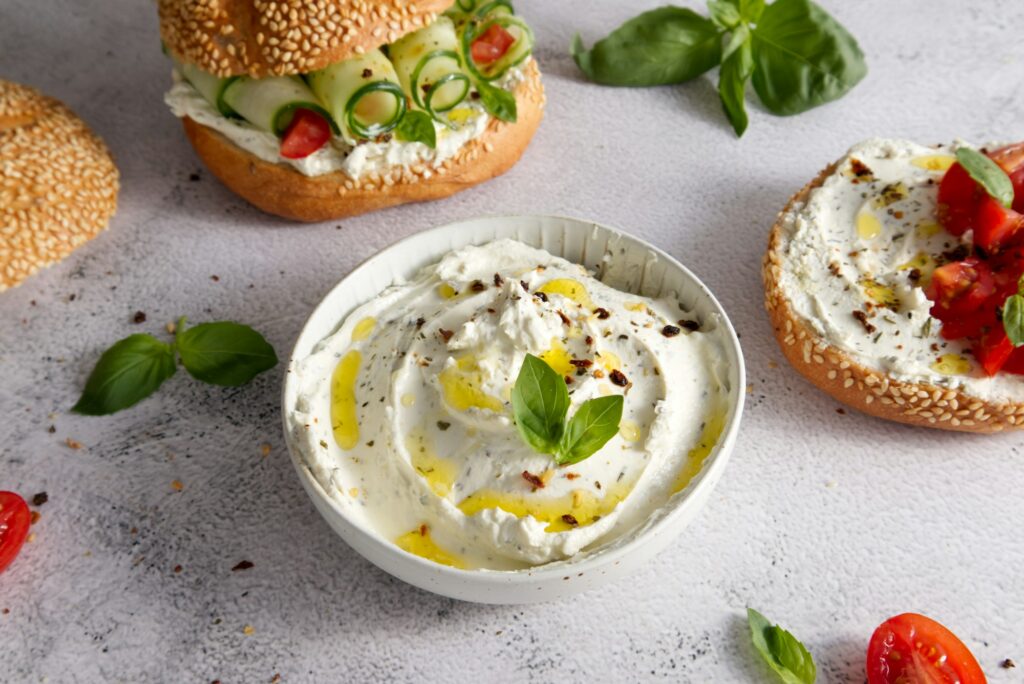
Olive oil's versatility in the kitchen is one of its most appreciated qualities. Different types of olive oil are suitable for various cooking methods:
The smoke point of olive oil varies depending on its quality and refinement, ranging from about 375°F (190°C) for extra virgin to 468°F (242°C) for light olive oil.
12. Flavor Enhancer
The distinct flavor of extra virgin olive oil can enhance the taste of many dishes. Its flavor profile can range from mild and buttery to robust and peppery, depending on factors like olive variety, ripeness, and production methods. Some common flavor notes include:
Professional olive oil tasters use these and other descriptors to evaluate the sensory qualities of olive oil.
13. Leading Producers
The global olive oil industry is dominated by Mediterranean countries, with production figures fluctuating yearly due to factors like weather conditions and olive fruit bearing cycles. As of 2021, the top producers were:
Spain alone accounts for about 45% of worldwide olive oil production.
14. Greek Consumption
Greece holds the title for the highest per capita consumption of olive oil worldwide, with each person consuming about 24 liters per year on average. This high consumption is deeply rooted in Greek culture and cuisine, where olive oil is used liberally in cooking, salads, and even as a condiment.
For comparison, per capita consumption in other countries:
15. Economic Impact
The olive oil industry is a significant economic driver in many Mediterranean countries, providing jobs and income for millions of people. It impacts various sectors including:
In Spain, the olive oil sector contributes about 0.6% to the country's GDP and provides employment for over 350,000 people.
16. Olive Oil Fraud
Unfortunately, olive oil fraud is a significant issue in the industry. Some common fraudulent practices include:
To combat this, many regions have implemented strict regulations and quality control measures. Consumers can protect themselves by buying from reputable sources and looking for quality certifications on labels.
17. Literary Prize
The Ranieri Filo della Torre is an international literary prize that honors writings about extra virgin olive oil. Categories include poetry, fiction, and non-fiction. This unique award highlights the cultural significance of olive oil and its ability to inspire artistic expression.
FAQs About Olive Oil
Q: How should I store olive oil?
A: Store olive oil in a cool, dark place away from heat and light. An ideal temperature is around 57°F (14°C). Properly stored, it can last up to two years, though it's best consumed within six months of opening.
Q: Is olive oil good for skin care?
A: Yes, olive oil has moisturizing and antioxidant properties that can benefit the skin. It's often used in natural skincare products and can be applied directly to the skin, though it's always best to do a patch test first.
Q: Can olive oil be used for deep frying?
A: While extra virgin olive oil is best used for low to medium-heat cooking, light olive oil has a higher smoke point and can be used for deep frying. However, due to its cost and flavor, it's not the most common choice for this cooking method.
Q: How can I tell if my olive oil has gone rancid?
A: Rancid olive oil will have an unpleasant odor, often described as waxy, putty-like, or reminiscent of crayons. It may also taste stale, musty, or just "off."
Q: Are all olive oils vegan?
A: Yes, pure olive oil is always vegan as it's derived solely from olives. However, some flavored olive oils might contain animal-derived ingredients, so it's always best to check the label.
Olive Oil Comparison Table
| Type | Acidity | Flavor | Best Uses | Smoke Point |
|---|---|---|---|---|
| Extra Virgin | ≤0.8% | Strong, fruity | Dressings, dips, low-heat cooking | 375°F (190°C) |
| Virgin | ≤2.0% | Good, may have some defects | Medium-heat cooking, marinades | 390°F (199°C) |
| Refined | ≤0.3% | Neutral | High-heat cooking, frying | 468°F (242°C) |
| Olive Pomace | Varies | Very neutral | High-heat cooking, commercial use | 460°F (238°C) |
In conclusion, olive oil is much more than just a cooking ingredient. Its rich history, varied uses, and potential health benefits make it a fascinating subject worthy of exploration. Whether you're drizzling it over a salad, using it in your skincare routine, or simply appreciating its cultural significance, olive oil continues to be a valuable and versatile "liquid gold" in our modern world.
